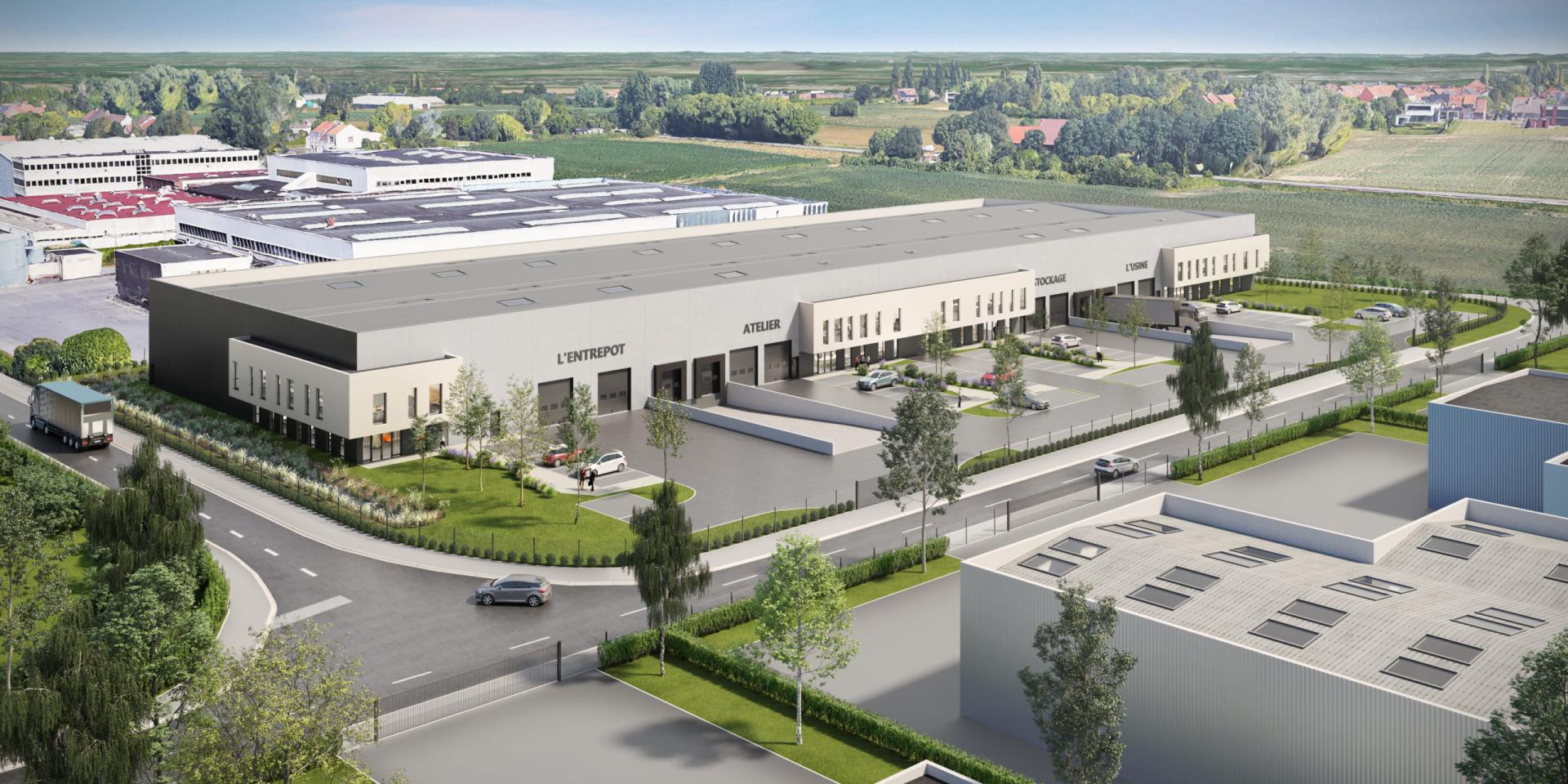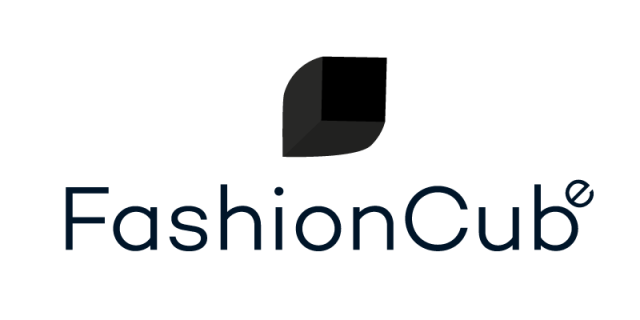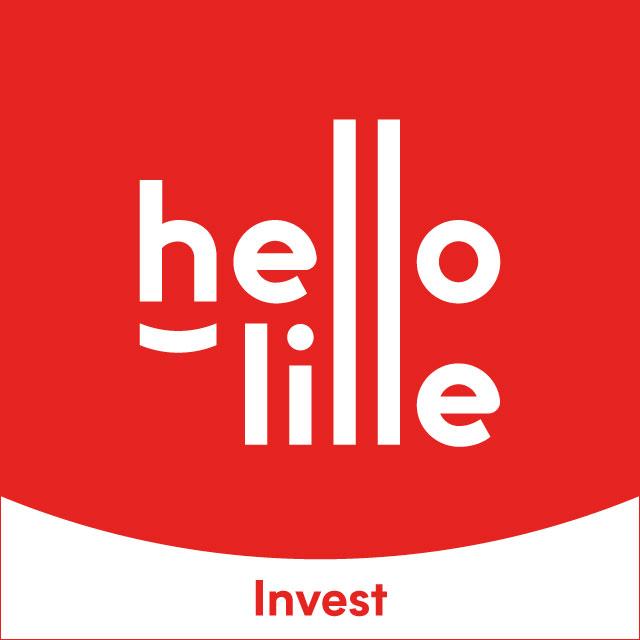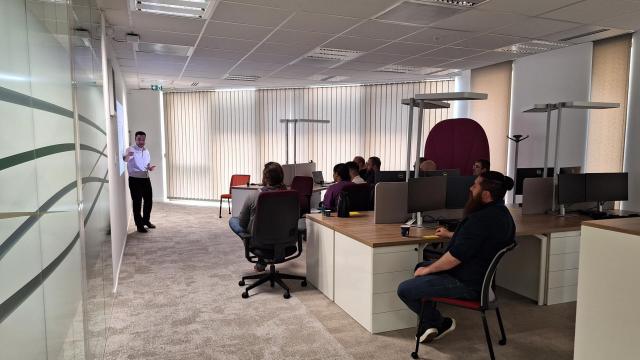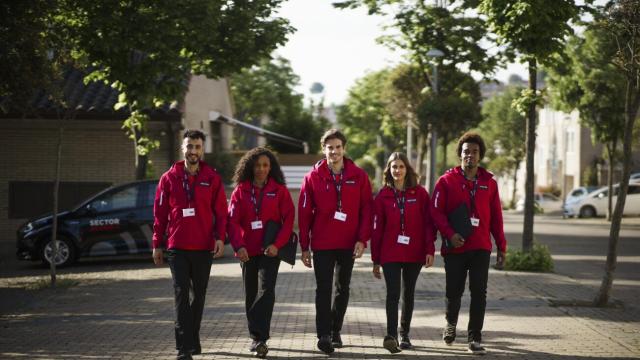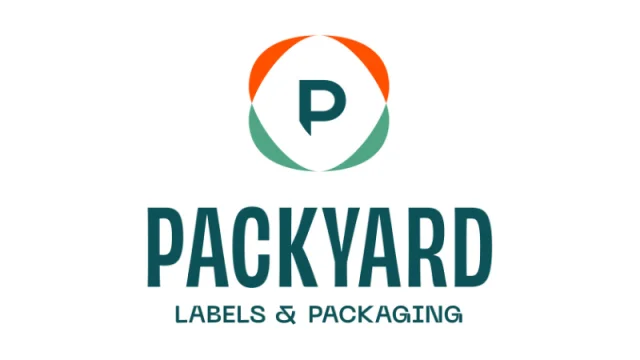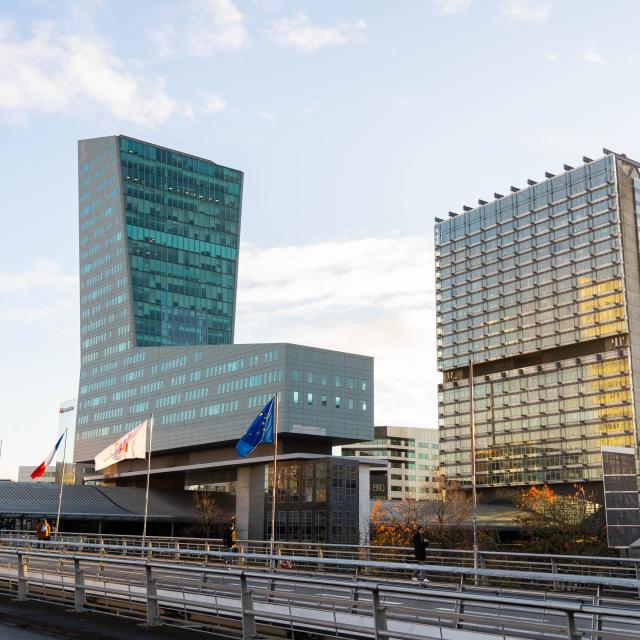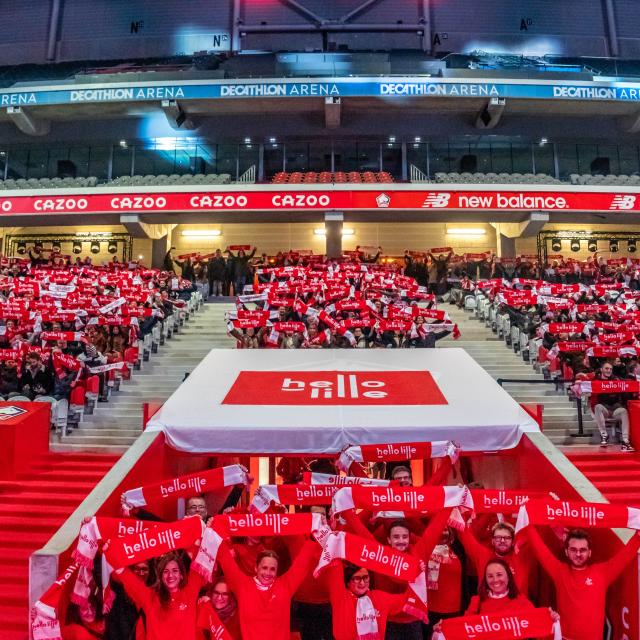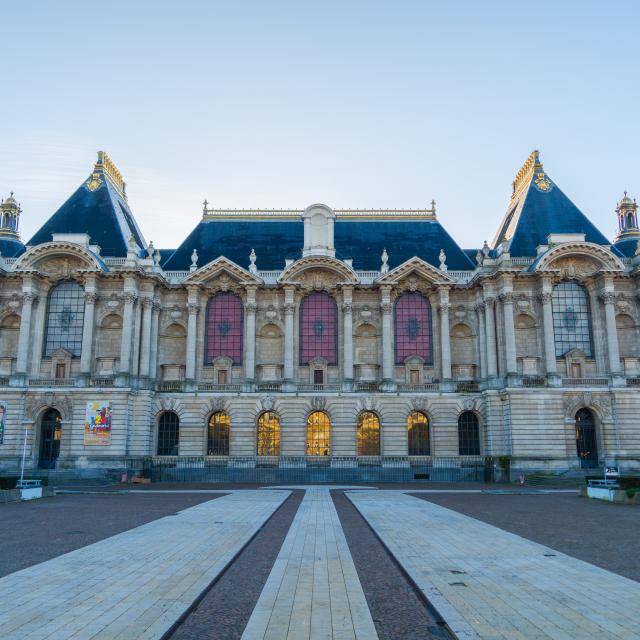Relocating jeans production to France
With 2,300 stores in 40 countries and 10,000 employees, FashionCube can rely on its tens of thousands of daily customers to make its relocation project viable. How can this be done? By investing in technologies that can be amortized thanks to high production volumes, something that a brand less established in the ready-to-wear landscape would not be able to envisage.
The aim of the project is to enable the brands in the ecosystem to market jeans made in France at affordable prices, between 40 and 60 euros. At full capacity, 2,000 jeans will be produced every day, representing a volume of around 410,000 jeans per year.
The Group’s choice of jeans is no accident! For Christian Kinnen, who heads up the FashionCube Denim Center project, there are many reasons.
Jeans are a timeless wardrobe staple, a piece we keep for many years. It’s a product whose washes are reputed to have a negative impact on people and the planet, and we wanted to tackle this issue. Also, to sell these jeans as cheaply as possible, we need to automate production, and the technology already exists for denim.
Much more than just relocation, the project involves the technological challenge of robotizing an industry that has long favored relocation over modernization. “The more jeans we can produce in volume, the more jobs we’ll ultimately create. To achieve this, we need to develop our technology and manufacturing processes.
Already rich in a dynamic textile ecosystem, our region had every reason to pursue its third revolution by hosting this meaningful project, as innovative as it was ambitious.
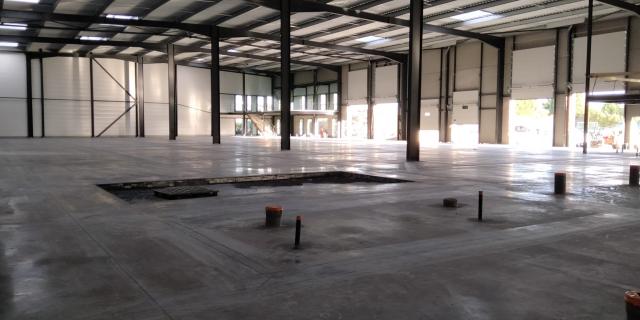 FashionCube
FashionCubeReviving the former "factory of France
FashionCube chose the Lille metropolitan area to reconnect with French industry: the historic home of its shareholders and the headquarters of almost all its brands. The availability of local intelligence means that future improvements to the structure can be envisaged with serenity, even before the company opens for business.
We are convinced that the factory’s start-up organization is not optimal and that we need to change it. We’ll be looking for innovation and intelligence to challenge the way jeans are made.
To bring the project to fruition, Christian benefited from the support of the Hello Lille teams: “Hello Lille’s involvement helped the project to mature and move forward, putting it on the best possible track. The Hello Lille team was extremely facilitating and helpful, and gave us a lot of advice on various aspects: financial, real estate and sectoral”.
FashionCube chose Neuville-en-Ferrain as the location for its production plant, which is designed to be energy-efficient, with the ambition of achieving carbon neutrality and zero waste. Eco-responsibility will also be reflected in the way the factory operates, where everyone will find their place.
We want our employees to feel at home and to develop in the best possible conditions. They are our main asset, and we want them to enjoy coming to work.
Local, sustainable and inclusive recruitment
In addition to its positive impact on the environment, the FashionCube Denim Center is also a vehicle for social inclusion. The employees recruited come from a variety of back-to-work backgrounds and are of all ages. To support this recruitment phase, the project benefited from a working group set up with the support of the MEL. This group brought together local missions, the Tourcoing and Roubaix integration and employment centers, and Proch’emploi.
The richness of the area is also reflected in the contribution of other players such as Confectio, a Lesquin-based specialist in local and inclusive textile manufacturing, and the Résilience project, which brings together textile SMEs, integration companies and adapted companies.
Today, 25 employees are starting a three-month training program before joining the workforce in February 2022. To reach its target of 410,000 jeans manufactured per year, FashionCube is counting on the support of around one hundred talented people, all of whom will be recruited in the next few years!

